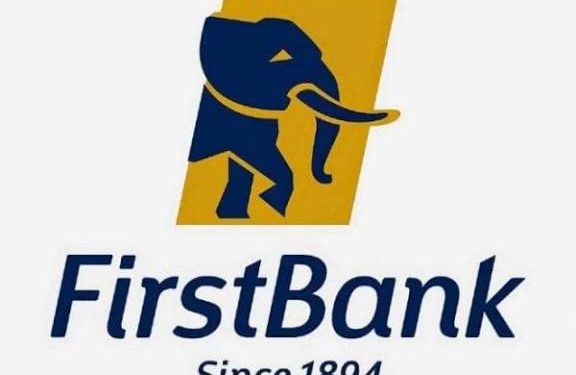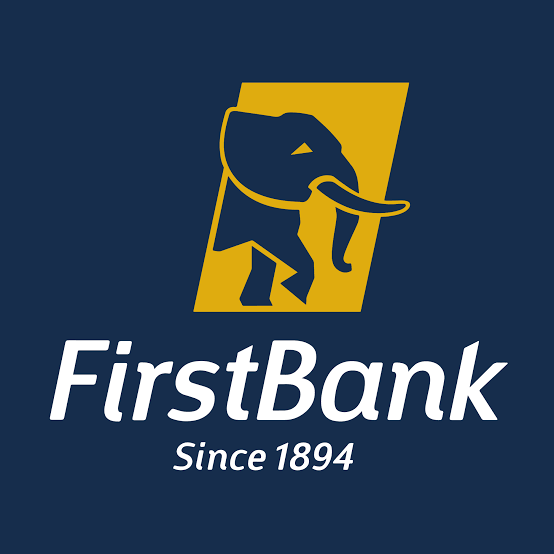FirstBank, one of West Africa’s oldest and most influential financial institutions, is preparing to launch a suite of inclusive financial services designed for blind, partially sighted, and physically challenged customers across all its locations and subsidiaries.
The initiative reflects the bank’s deepening commitment to financial inclusion and diversity. It builds on existing efforts such as the FirstBank Women Network, which promotes gender balance within the organisation, and the bank’s adherence to the UN Women’s Women’s Empowerment Principles on equal opportunity, inclusion, and non-discrimination.
According to the bank’s leadership, access to financial services should not depend on physical ability. The new programme aims to make banking more independent, secure, and accessible for customers with disabilities, reducing the need for third-party assistance.
The rollout will be implemented in phases and will feature several accessibility upgrades. Transaction documents will be offered in braille, audio, large print, and digital formats. ATMs will include high-contrast screens and voice-prompt features, while debit cards will carry tactile motifs and braille inscriptions to aid identification. Soft PINs and tokens will be enhanced for greater security, and product brochures will also be available in accessible formats.
This inclusive banking plan is aligned with the Central Bank of Nigeria’s financial inclusion strategy and the United Nations Convention on the Rights of Persons with Disabilities, both of which call for equal access to financial services.
By integrating accessibility into its operations, FirstBank is positioning itself as a leader in inclusive finance and demonstrating how banks can expand access for underserved communities. The move signals a future where physical limitations are no longer a barrier to managing financial affairs.










